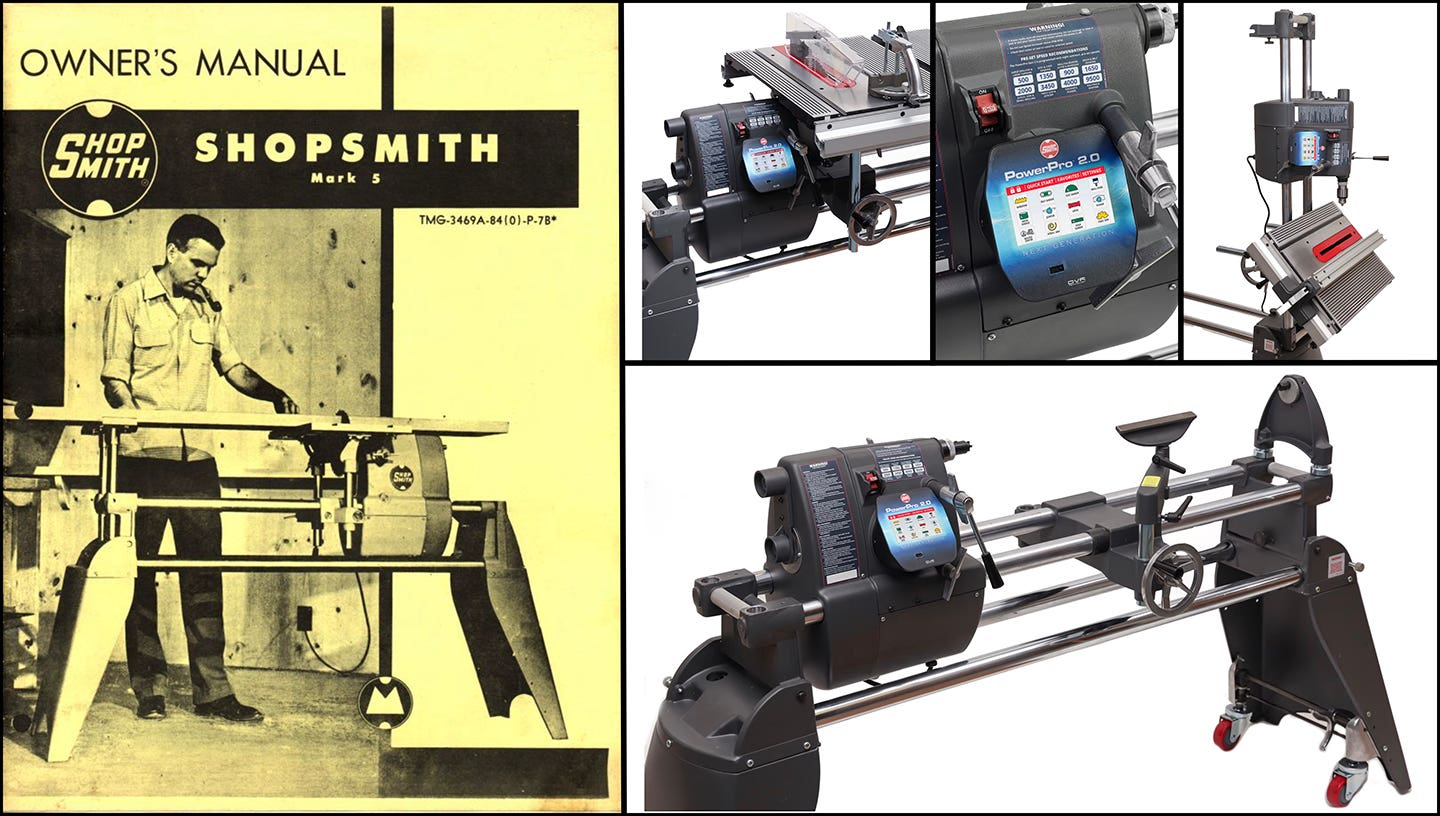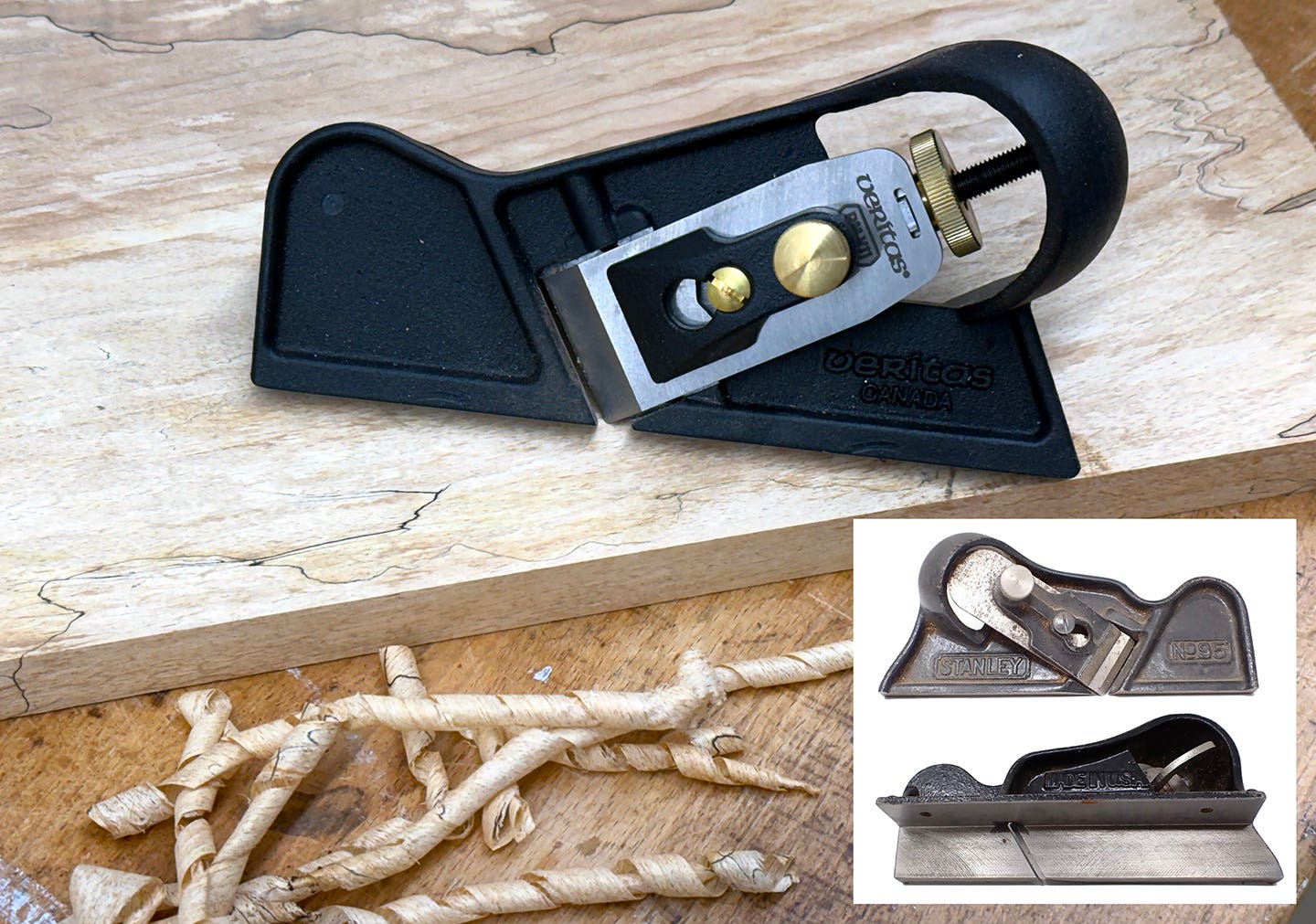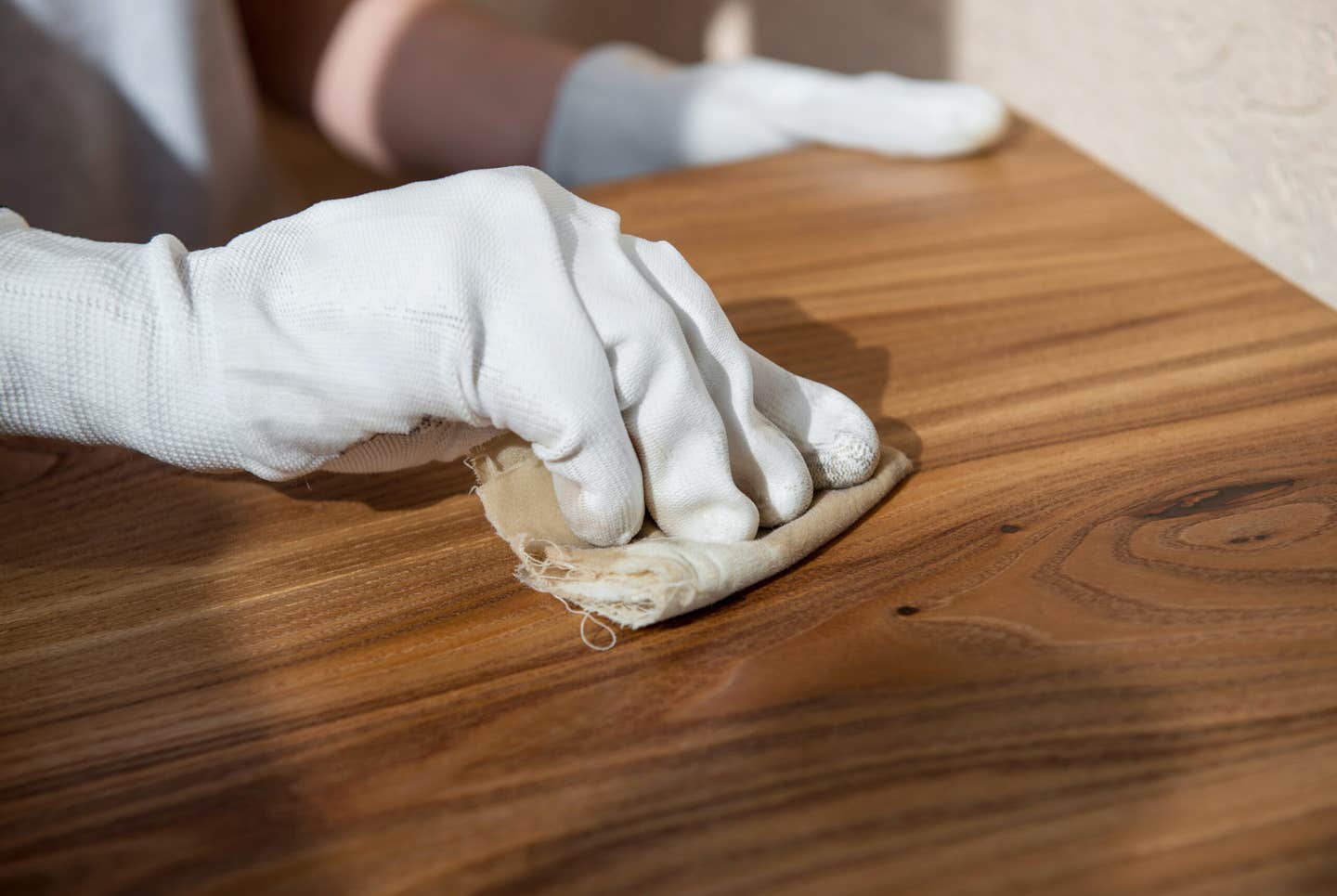Selling outsourcing? Ill keep my day job
There’s a local woodworker with whom I’ve become friendly through the years. Let’s call him Ed. I stop by his shop occasionally to see what he’s up to and, more…
There’s a local woodworker with whom I’ve become friendly through the years. Let’s call him Ed. I stop by his shop occasionally to see what he’s up to and, more often than not, get some advice on one of my projects.
To be kind, Ed is set in his ways. He’s a third-generation woodworker who basically grew up in his grandfather’s shop before briefly joining his father’s fairly large cabinet shop. That didn’t go so well, since Ed doesn’t like being told what to do.
Ed’s been running a one-man shop for close to 30 years. I call him a cabinetmaker because he’s usually working on a custom kitchen, but you could also call him a furniture maker or home remodeler. Beneath his gruff exterior is a heart of gold and his active involvement in the community (volunteer firefighter, politics, Little League coach) and a solid reputation is all the advertising he’s ever needed.
After Ed’s usual greeting, “Look what the cat dragged in,” he asked about what I was working on for the magazine.
“We’ve got a terrific article on outsourcing (Page 42) for the November issue,” I replied.
“What the heck is outsourcing?,” he asked while peering over his glasses, a signal I’ve come to know as “this better be good or you’re wasting my time.”
So I started to explain that outsourcing is simply an option for shops to purchase doors, drawers and wood components from companies that specialize in making such products.
“Why would I want to do that? That’s what people pay me to make.”
Well, I said, outsourcing would probably help him out quite a bit, saving time and money. By ordering pre-made doors, for example, jobs would get done faster and he could focus on the details of a high-quality installation.
“But if I’m not making the doors, what’s so custom about my kitchen cabinets?
Well, I said, realizing that I had stirred up a hornet’s nest and was about to be sent on my way, he could have these doors built the way he wanted them. He could show the customer a catalog with all sorts of door options, order them the same day and have them delivered in a week or two, maybe less.
“But isn’t that cheating?”
Some might call it a smart business decision, I said. Instead of spending days setting up, making doors and waiting for glue to dry, he could put on his sales hat and cultivate more work. Instead of one job, he could have two or three jobs moving through his shop at time.
“But I’ve got enough work already.”
Sensing my last opportunity, I tried to explain that outsourcing and increased production could add to his bottom line. He wouldn’t have to work harder or longer hours, since somebody else was making the doors and drawers. And, without much hope, I also suggested he could add turnings and architectural details, readily available from component manufacturers, to add more value to his work.
Ed promised to read the article, which was a victory of sorts. And I went on my way.
This article originally appeared in the November 2014 issue.







